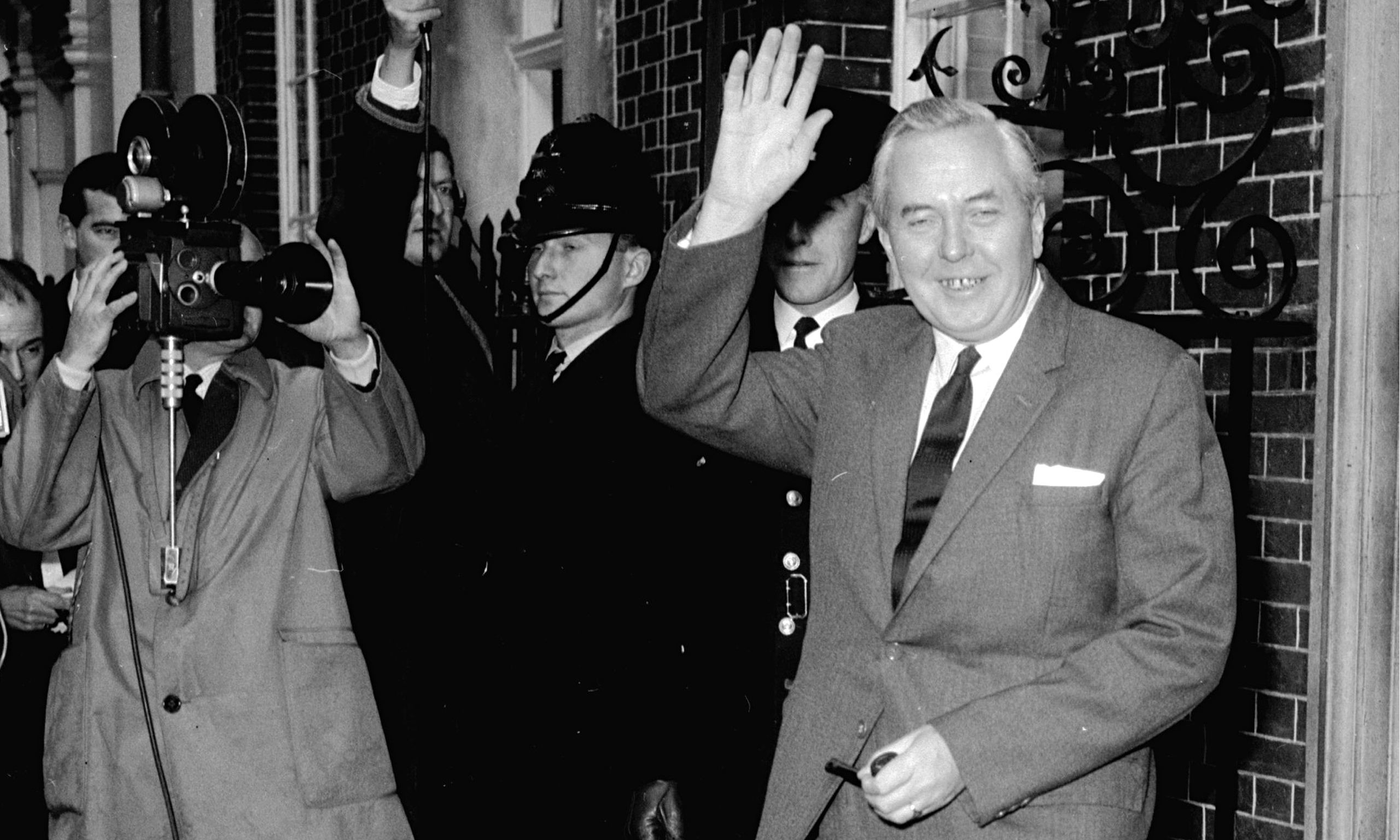The reaction of most people has probably just been 'Who?' Beyond a dwindling number of older people, historians and political nuts, the name is shrinking from the public consciousness. Wilson was Labour leader in the 1960s and 1970s, and Prime Minister from 1964-1970 and again from 1974-1976.
Wilson's rise to power was a symbol of the changing face of Britain. Born in Huddersfield, he went to his local grammar school, and later made much of his ordinary origins during his fight against aristocratic Conservatives. Frighteningly intelligent, Wilson got what was then the highest ever grade in Politics, Philosophy and Economics from the University of Oxford in the late 1930s. At the age of 21, he became an Oxford academic. At 31, he became the youngest member of the Cabinet in the 20th century, as part of Clement Attlee's radical post-war government. But it was not meant to be. Four years later, Wilson resigned, rather than have to support the introduction of charges for eye and dental tests in the fledgling NHS.
As Prime Minister, Wilson faced some horrendous challenges. The economy teetered on the edge of collapse, symbolised by the humiliating devaluation of the pound in 1967. His failure to reform trade union controls in 1969 arguably opened the road to Margaret Thatcher's onslaught against the unions a decade later. On Wilson's watch, Northern Ireland descended into bloodshed and chaos. The end of Empire was complicated by the mishandling of Rhodesia, which became an international pariah, but still resisted attempts to end whites-only rule. Wilson's style of government was criticised as being cliquey and inspiring constant plotting and conspiracy.
But despite all this, Wilson was one of our better Prime Ministers. He laid the groundwork for a social revolution. When he came in to office, homosexuality was a criminal offence, it was perfectly legal to discriminate in pay, jobs and housing on the grounds of gender and race, millions were trapped in failed marriages, thousands of women risked their lives to end unwanted pregnancies, hundreds were killed by drunk drivers, criminals were routinely executed, and the fate of every child in Britain was determined forever at the age of eleven.
By 1976, the Wilson governments had acted to solve these issues. Easier divorce, abortion, equality legislation, the end of hanging, the introduction of the breathalyser, the end of theatre censorship, comprehensive schooling. We have Harold Wilson to thank for these things. They were, and remain, controversial. But they all helped to create the Britain we live in today, and make it a more civilised society.
But arguably, Wilson's greatest achievement was something he did not do. The USA promised to solve all his economic problems at a stroke. They would give him all the money he needed to sort out the country, and spend on improving the lives of millions. But Wilson refused; the flipside was that he would have to commit British soldiers to the war in Vietnam. Given the national tragedy that Vietnam was for the United States, Wilson made the right call.
Above all, Harold Wilson was a politician, and his greatest achievement was for the Labour party. His ability as a campaigner and vote winner was second to none. He combined this with an ability to hold Labour together, at a time when it was riven with divisions between hard left and more moderate members. Wilson's populist appeal and everyman image saw Labour win four general elections under him, an achievement not matched by any Prime Minister since the introduction of truly universal suffrage.
The success of Harold Wilson at creating a winning coalition can be seen with what happened next. He was the last Labour leader to win an election for almost a quarter of a century. When Wilson stood on the steps of Downing Street, after his fourth victory in October 1974, Labour's next election winner was still an undergraduate student in Oxford. Many of those who helped to vote in the next Labour government weren't even born.
So, happy 100th birthday, Harold Wilson. May fewer people say 'Who?' in the future.
https://thelionandunicorn.wordpress.com/2016/03/11/our-harold/
(The man in his own words, and the words of others)
https://thelionandunicorn.wordpress.com/2016/03/11/our-harold/
(The man in his own words, and the words of others)
Harold Wilson, aged 8, on a trip to London, standing where later he would stand again and again as Britain's Prime Minister
On the same spot, in 1964 having just become Prime Minister


No comments:
Post a Comment